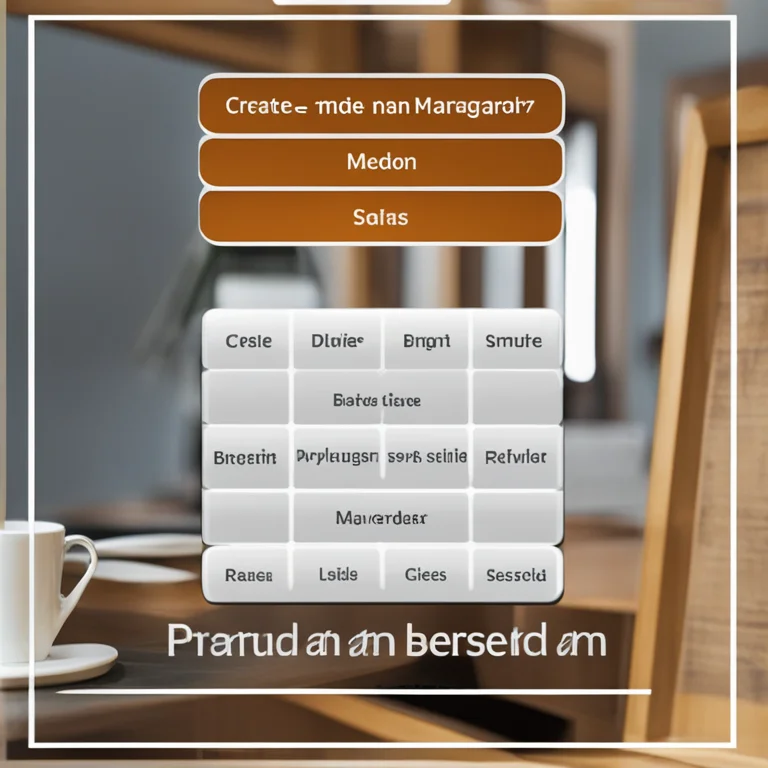
Meditation & Its Role in Enhancing Mental Wellness
Discover meditation's potent impact on mental health, offering practical steps for enhanced emotional balance and cognitive clarity.
article by Hina Kurosawa
Meditation: A Pillar of Mental Fortitude
Meditation is often depicted as a serene activity reserved for the spiritually inclined, yet its profound impact on mental health is rooted in science. Regular meditation practice is linked to increased resilience against stress, serving as a bulwark for the mind. It calms the sympathetic nervous system, which, when overstimulated, triggers our fight-or-flight response, and activates the parasympathetic nervous system, promoting a restful state. This shift reduces the wear and tear on our mental faculties, setting the stage for improved emotional health. Studies have consistently shown that meditation aids in reducing symptoms associated with anxiety and depression, offering a natural and cost-effective complementary tool in mental health care.

Cognitive Clarity Through Mindful Repose
When we meditate, we foster a state of conscious awareness and focused attention, which in turn enhances our cognitive capabilities. This process of quiet introspection allows the mind to declutter, purge extraneous thoughts, and enhance memory retention. Neuroimaging studies have observed increased gray matter density in the hippocampus, known to be important for learning and memory, in individuals who practice meditation regularly. Additionally, the prefrontal cortex, associated with decision-making and self-control, also shows increased activity and structural changes in meditators, pointing towards the long-term cognitive advantages of this practice.

Emotional Balance in the Waves of Life
Life is akin to sailing on unpredictable seas where our emotional balance determines our ability to navigate through storms. Meditation is the anchor that can prevent us from getting capsized by turbulent emotions. By integrating techniques such as mindfulness meditation, we grow more adept at observing our emotional responses without being swept away by them. This mindful distance allows us to address emotions like anger, frustration, and sorrow with a clearer perspective, thus promoting greater emotional stability and reducing the likelihood of reactive behaviors that can have adverse consequences on our mental health and interpersonal relationships.

Stress Reduction and the Biochemical Cascade
The human body's reaction to stress involves a cascade of biochemical reactions, including the release of cortisol, known as the stress hormone. Elevated cortisol levels over prolonged periods can lead to a multitude of health issues, including mental health disorders. Meditation has been shown to significantly reduce cortisol levels, thus mitigating the impact of stress on the body and mind. It leads to a state of relaxation that counters the body's stress response, fostering a sense of tranquility that permeates various aspects of one’s life. Regular practitioners of meditation have reported a better quality of life and reduced incidences of stress-induced ailments.

The Mind-Body Connection and Longevity
The benefits of meditation extend beyond immediate mental health improvements, influencing physical health and potentially enhancing longevity. By decreasing stress and improving immune function, it creates a conducive environment for the body to repair and protect itself. Additionally, meditation has been linked to telomere length preservation—a biological marker of aging. By protecting these chromosomal caps, it mitigates cellular aging and its related diseases. The holistic improvement across both mental and physical domains underscores the value of incorporating meditation into one's daily routine for long-term health preservation.
Incorporating Meditation into Modern Lifestyle
The modern world, with its incessant demands and digital inundation, can make carving out time for meditation seem challenging. However, the adaptability of meditation practices means they can be seamlessly integrated into the busiest of schedules. From mindfulness exercises during the daily commute to guided meditation sessions before bed, the versatility of meditation makes it an accessible tool for enhancing mental health. With mobile apps, online communities, and virtual classes, the resources for learning and practicing meditation are more abundant than ever before, enabling even novices to begin their journeys towards mental wellbeing with ease.
Published: 1/9/2024
Modified: 1/9/2024
More predictions
Come back here soon to learn more about yourself and your future


Serenity Through Meditation Retreats
Embark on a transformative journey at a meditation retreat to recharge, refocus, and reconnect with your inner self.


The Harmony of Meditation & Sleep
Discover how meditation enhances sleep quality and overall well-being through mindful practices and relaxation techniques.


The Serenity Sojourn: Embrace a Meditation Retreat
Delve into the tranquility of a meditation retreat and rejuvenate your mind, body, and soul with practices that transcend time.